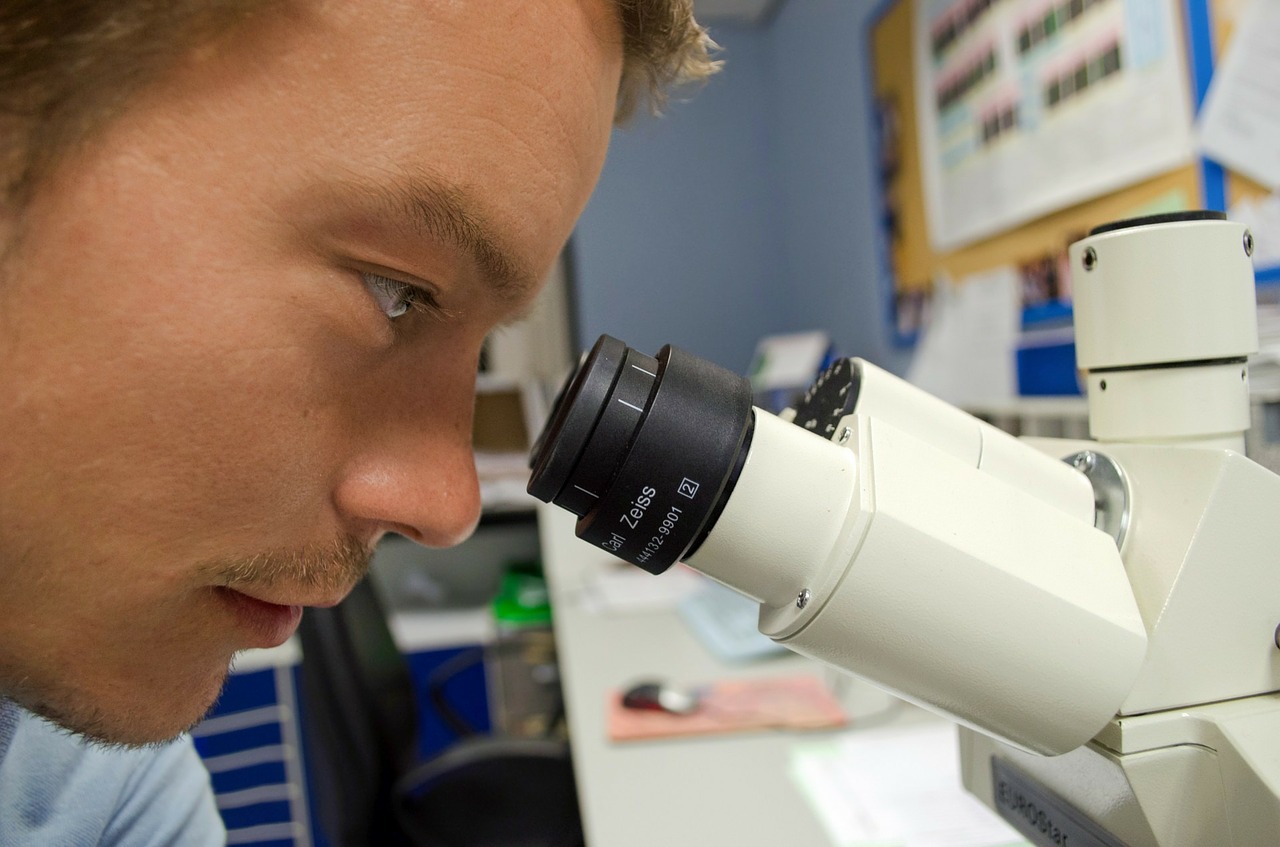4 Interesting Discoveries in Current Alzheimer’s Research

This week, March 13th through 19th, Crossroads Hospice & Palliative Care proudly supports Brain Awareness Week – a global campaign to increase public awareness of the progress and benefits of brain research. Every March, this campaign unites the efforts of partner organizations worldwide in a celebration of the brain for people of all ages.
Currently, 5.3 million people suffer from Alzheimer's – and that number is expected to grow to 7.7 million people by 2030. While 70%of Americans with this disease eventually pass away in a nursing home, hospice can greatly improve the end-of-life experience for these patients.
With numbers like that, it’s important bring attention to current Alzheimer’s research. While there still is no cure, researchers are always getting closer to finding the actual cause of the disease.
So what is the latest research on Alzheimer’s disease? Here are four interesting discoveries:
1. Disruption of sleep may be an early indicator of Alzheimer’s.
Could sleeping and taking frequent naps mean more than just being tired? It appears so. Sleep problems such as poor sleep efficiency, daytime sleepiness, and frequent napping may be useful early indicators of Alzheimer’s. Scientists are currently studying whether the sleep problems are a result of the brain changes caused by Alzheimer’s or a contributing factor to the disease.
2. Bilingualism can be a buffer against Alzheimer’s.
Researchers say that the exercise the brain gets from cognitively knowing another language can slow down the effects of Alzheimer's. Current Alzheimer’s research also showed that when studying mono and bilingual elderly, the brain of the person who spoke just one language atrophied much faster than the brain of the bilingual.
3. Concussions may be more hazardous for people at risk for Alzheimer's.
Researchers put this claim to the test with 160 Iraq and Afghanistan war Veterans – of which some had been diagnosed with mild traumatic brain injury. Many of these soldiers lost consciousness and had memory issues after their concussions. Many also had post-traumatic stress disorder.
Researchers measured the thickness of gray matter in several brain regions including regions that are the first to show atrophy in cases of Alzheimer’s disease. In addition, they ran the Veterans through a simple memory test, analyzing their genetic material to determine who carried genes that predisposed them to an increased risk of Alzheimer’s.
4. A new drug improves memory in people with moderate Alzheimer’s.
A drug called ORM-12741 is said to improve memory-related problems in patients already receiving drug treatment for Alzheimer’s. This was originally reported by the American Academy of Neurology. After three months of treatment with the drug, patients receiving it scored a bit higher on memory tests than they had prior to treatment, while those receiving a placebo scored worse.
This week is chock-full of vital information for everyone interested in learning more about the mind and how to maintain a strong brain. A week dedicated to providing knowledge about Alzheimer’s disease makes for a great opportunity to learn how hospice can make life easier for these patients.
To learn more about Crossroads’ unique hospice care programs for Alzheimer’s patients, visit our website today.
Recommended Reading:
Onboarding Patients with Dementia to Hospice
Communicating With Dementia Patients Who Don’t Know Your Name
Acceptance Leads to Better Understanding of Alzheimer’s Patients
If you found this information helpful, please share it with your network and community.
Copyright © 2017 Crossroads Hospice & Palliative Care. All rights reserved.




